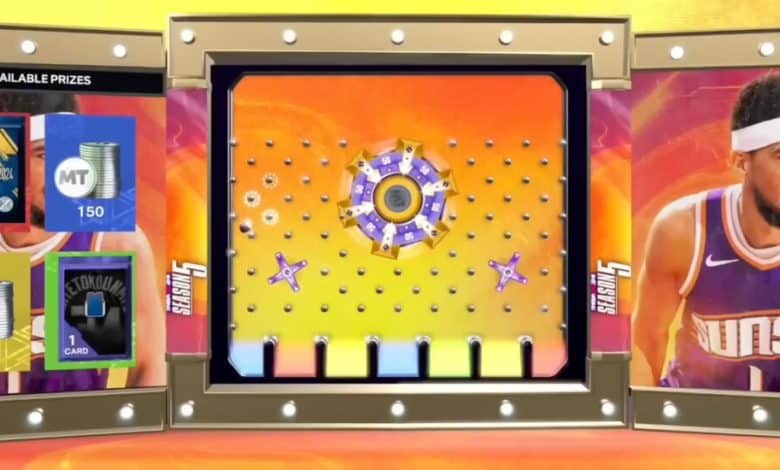When Sports Games Feel Like Casinos, Players Rarely Win

The video game NBA 2K24 lets fans play as their favorite basketball stars. It’s $70 but there is pressure to spend more.
To be competitive online, players are encouraged to buy packs that may contain an elite athlete. They cost up to $50.
Microtransactions are pervasive in sports games and are big business for studios, which use the same techniques as casinos.
In-game sales generate about 80 percent of revenue for the publisher of NBA 2K and Grand Theft Auto. Think $4.2 billion.
Supported by
SKIP ADVERTISEMENT
When Sports Games Feel Like Casinos, Players Rarely Win
The price tag on the cover of most sports video games is only the beginning of what players are being asked to pay.
The genre is teeming with microtransactions, in-game purchases that tantalize those who want to be competitive during online matches in the most popular and robust game modes. Rare “cards” of the most coveted players are hidden in packs acquired using in-game currency, which can be slowly earned by playing or bought with real-world money.
A soccer fan who wants to build a competitive squad in FC 24’s Ultimate Team mode — or who simply hopes to have Kylian Mbappé or Lionel Messi as a captain — has to either spend a lot of money on card packs or grind out virtual currency over hundreds of hours of gameplay. It is the same story in NBA 2K24, whose MyTEAM mode requires players to shell out for card packs to build a team with the likes of Kevin Durant or Luka Doncic.
The exhortations to spend can feel like being in a casino. Upon starting NBA 2K24, players are immediately overwhelmed with opportunities to buy new items and limited-edition packs. Opening them is designed to be compelling aesthetically: Rather than simply revealing their contents, the packs explode and scatter, accompanied by intricate animations and sound effects meant to dazzle.
“The game is constantly presenting you with, say, a special LeBron James card, and you can only get him for one week, he’s only available in such-and-such a pack, and the chances of you getting him are absolutely astronomical,” said Jordan Middler, a critic for Video Games Chronicle. “They allow you to not spend money just to say that they can. But it’s completely unavoidable.”
Virtual trading cards are incredibly lucrative for the publishers 2K and Electronic Arts, which uses them in the soccer game FC (formerly known as FIFA), the N.F.L. game Madden and the resurrected College Football.